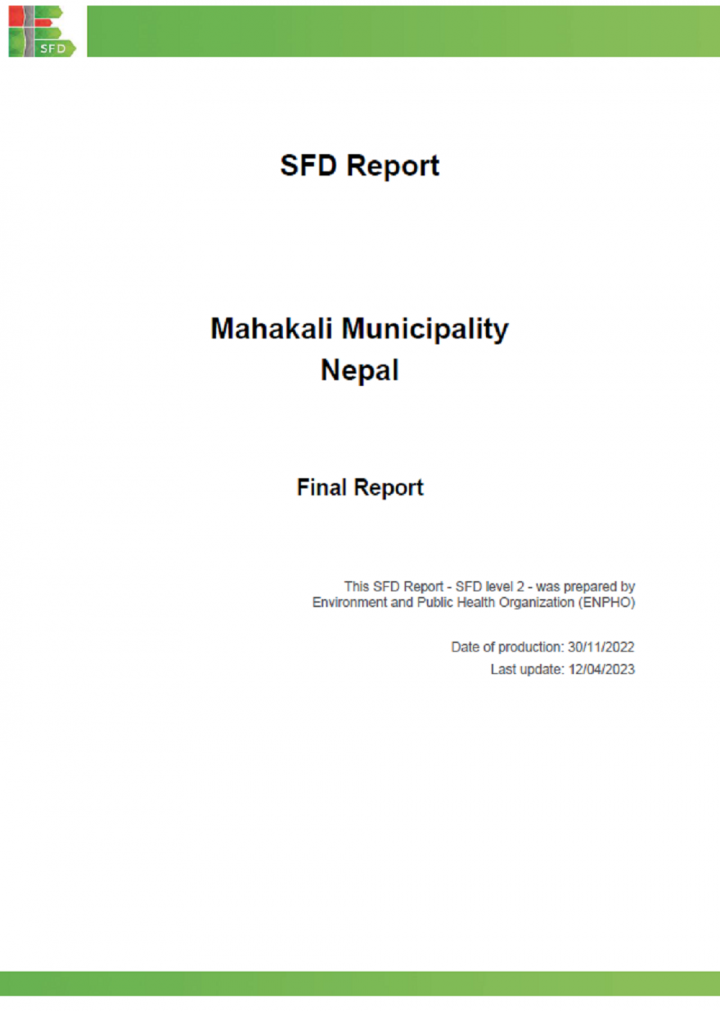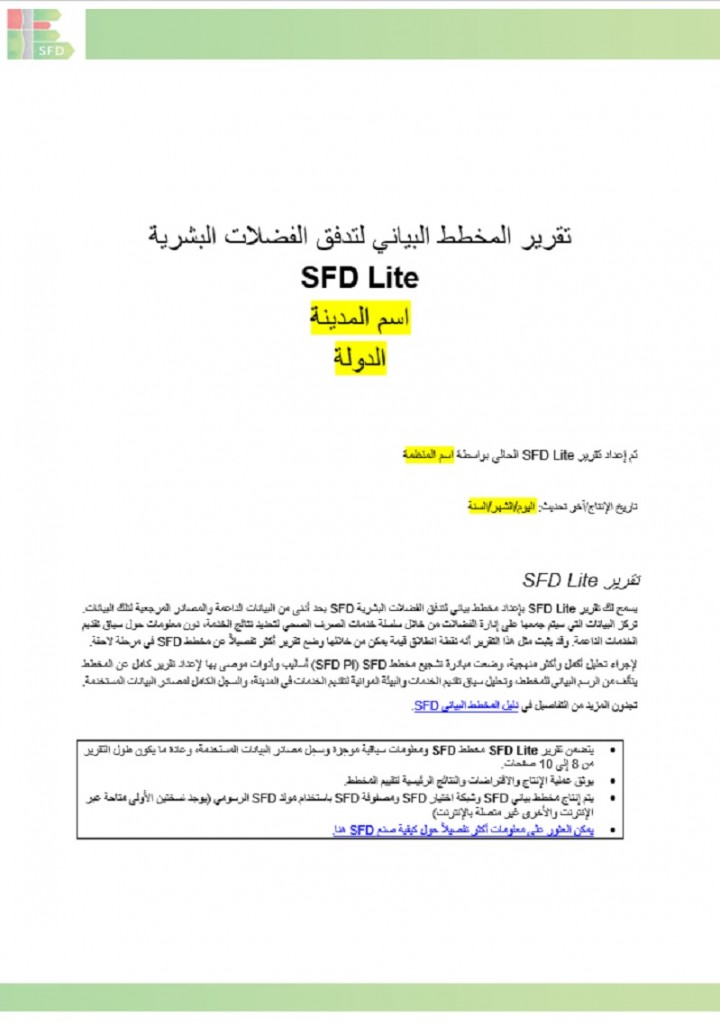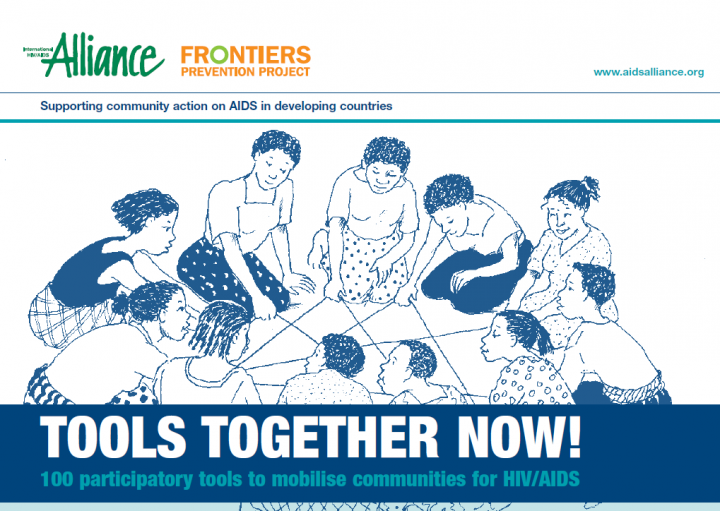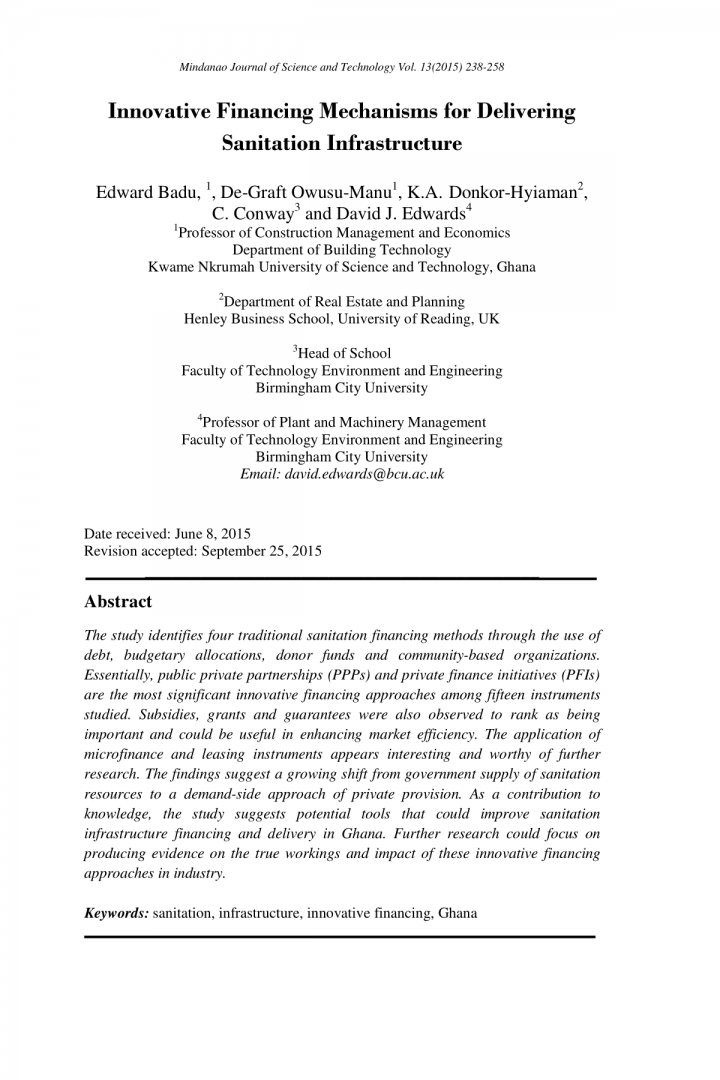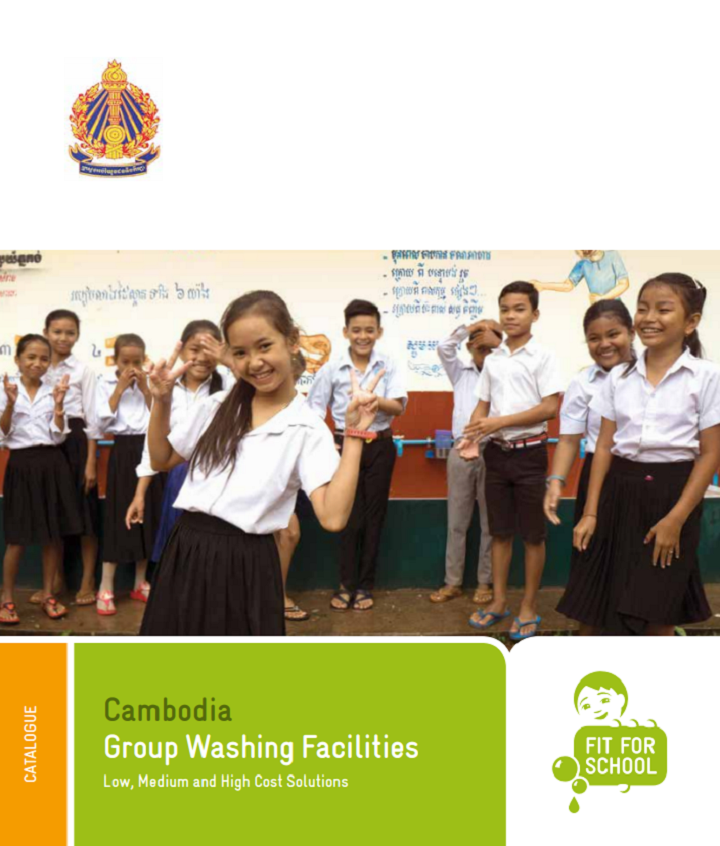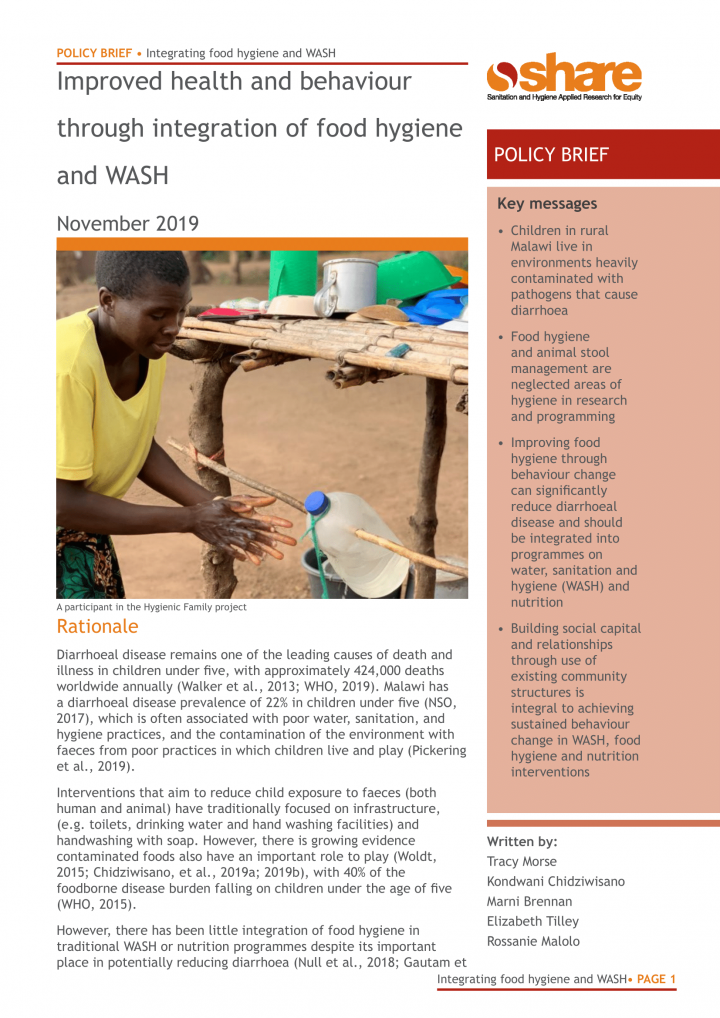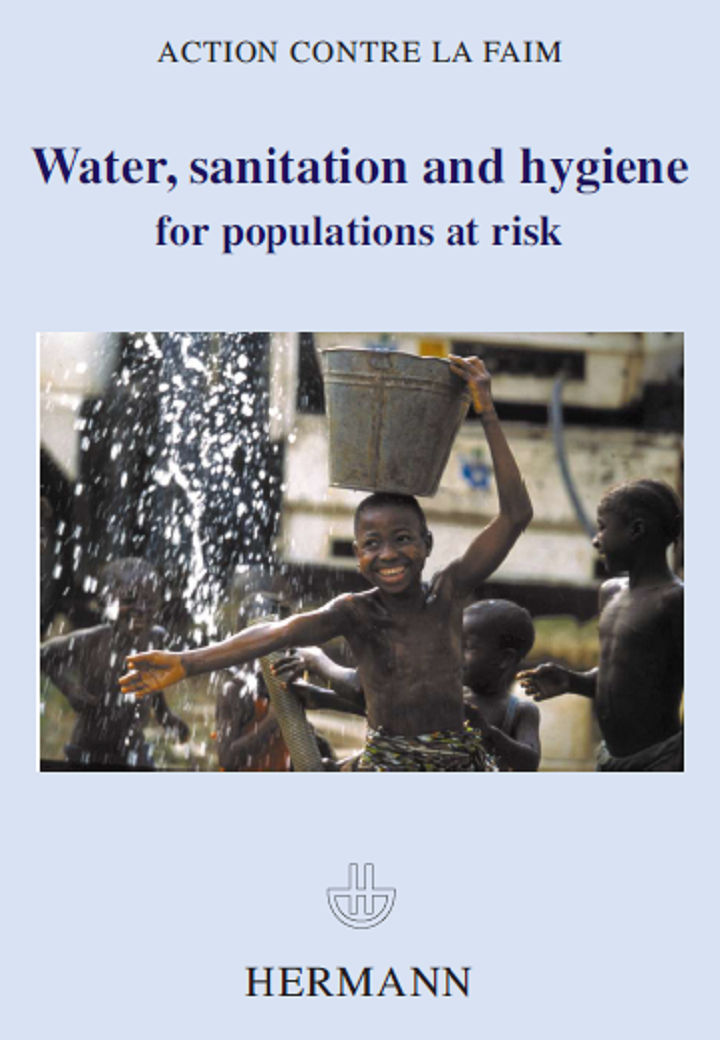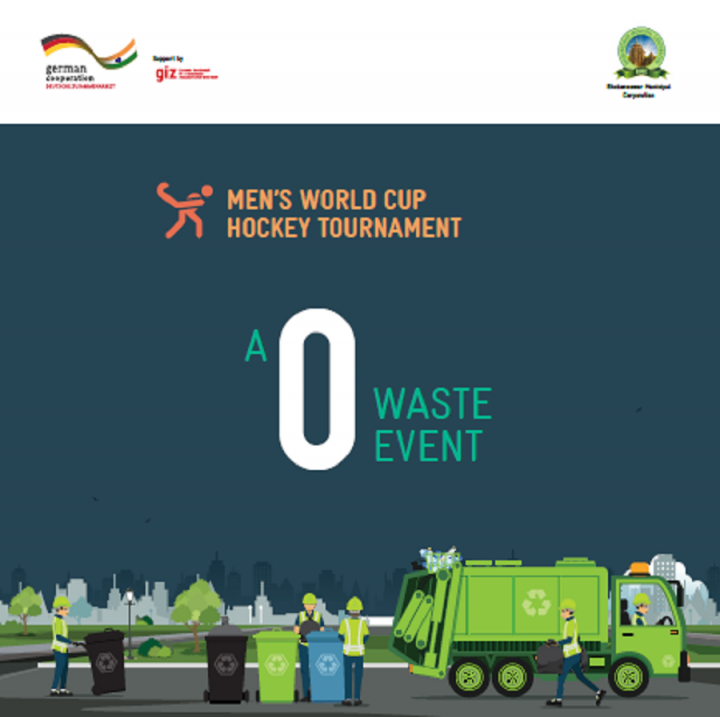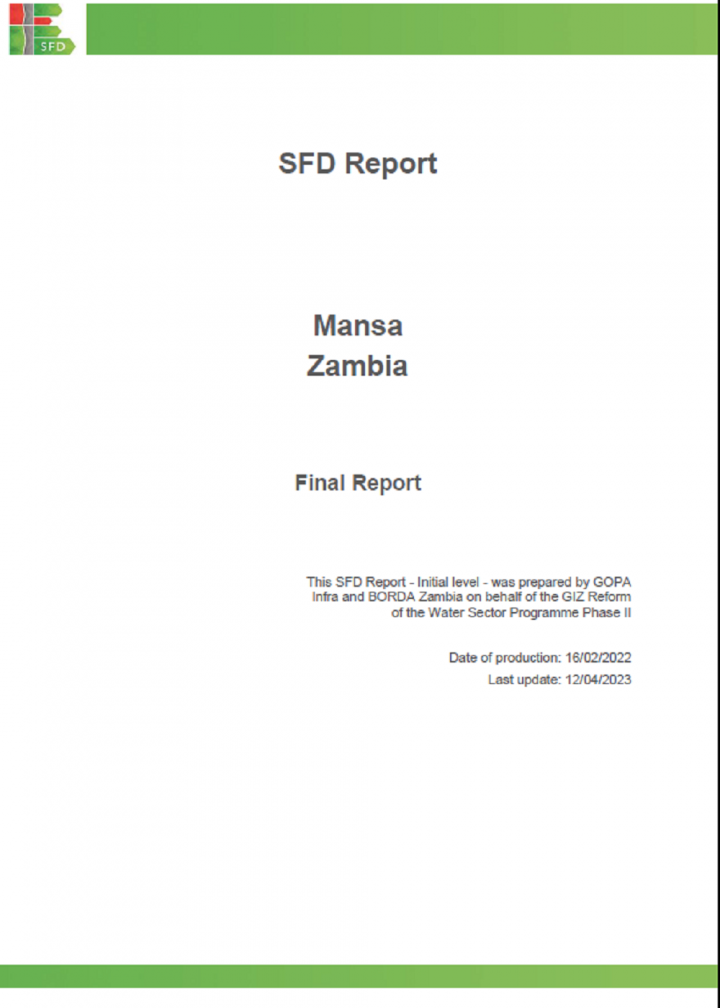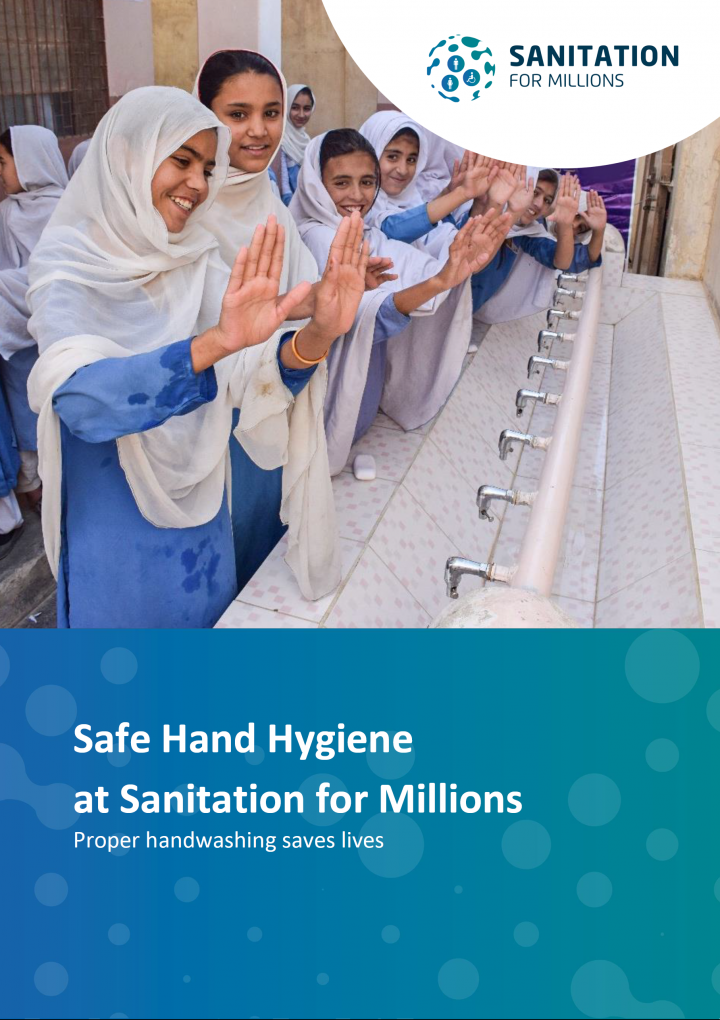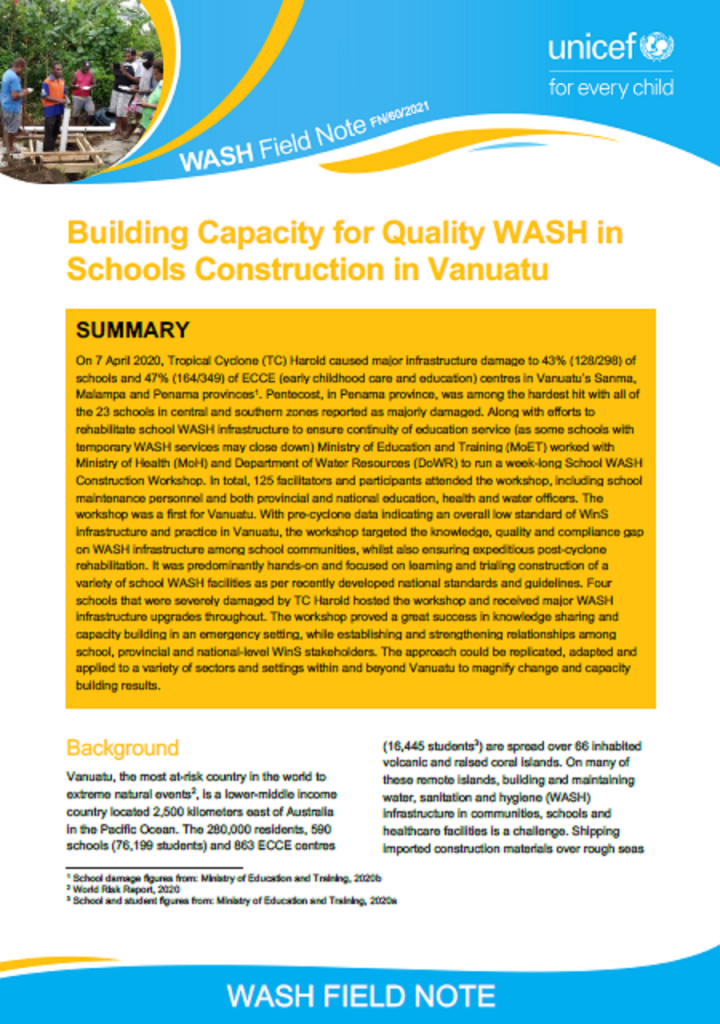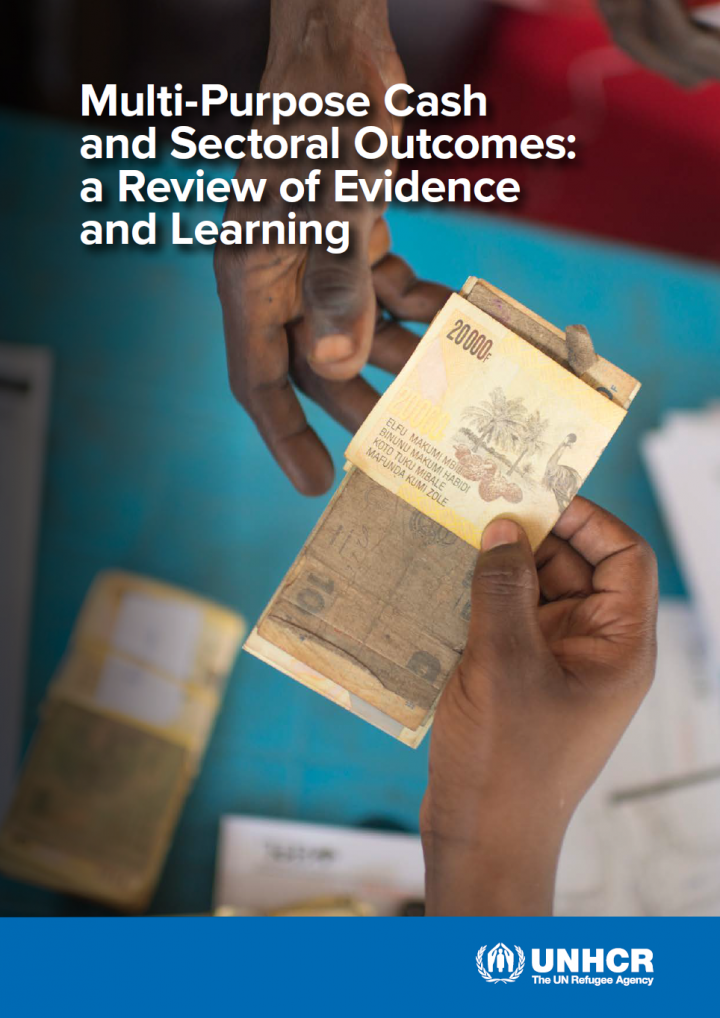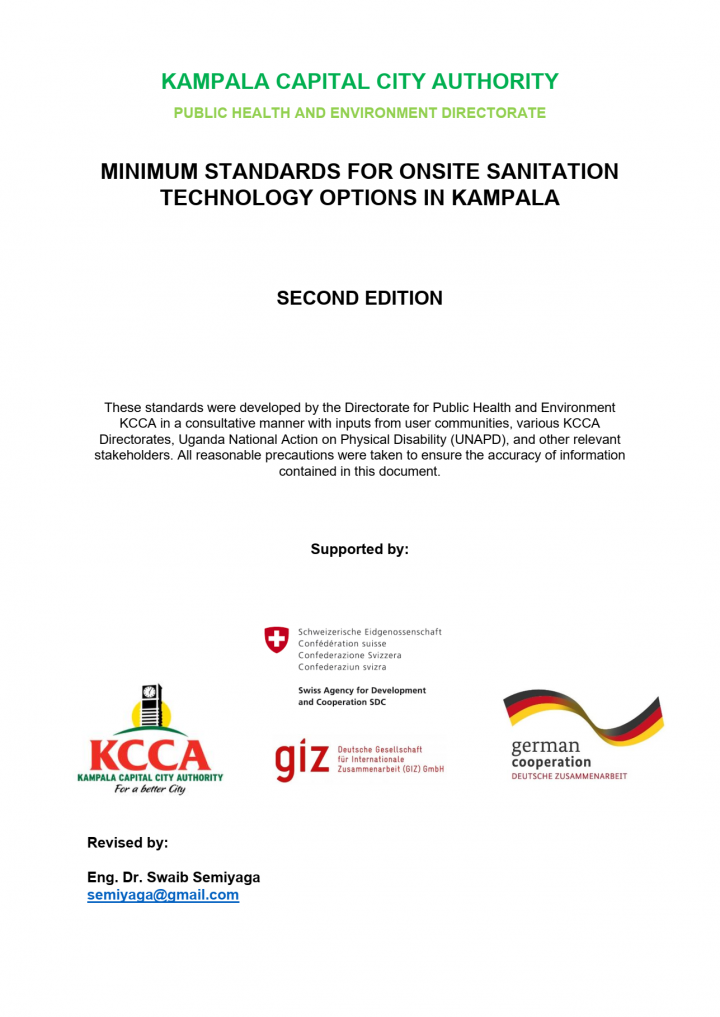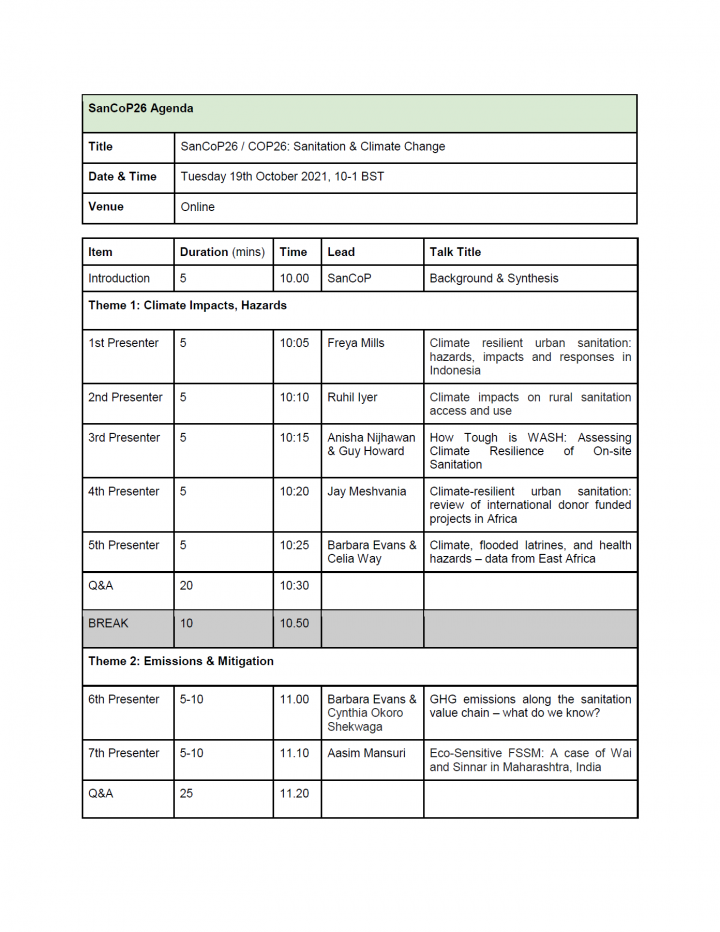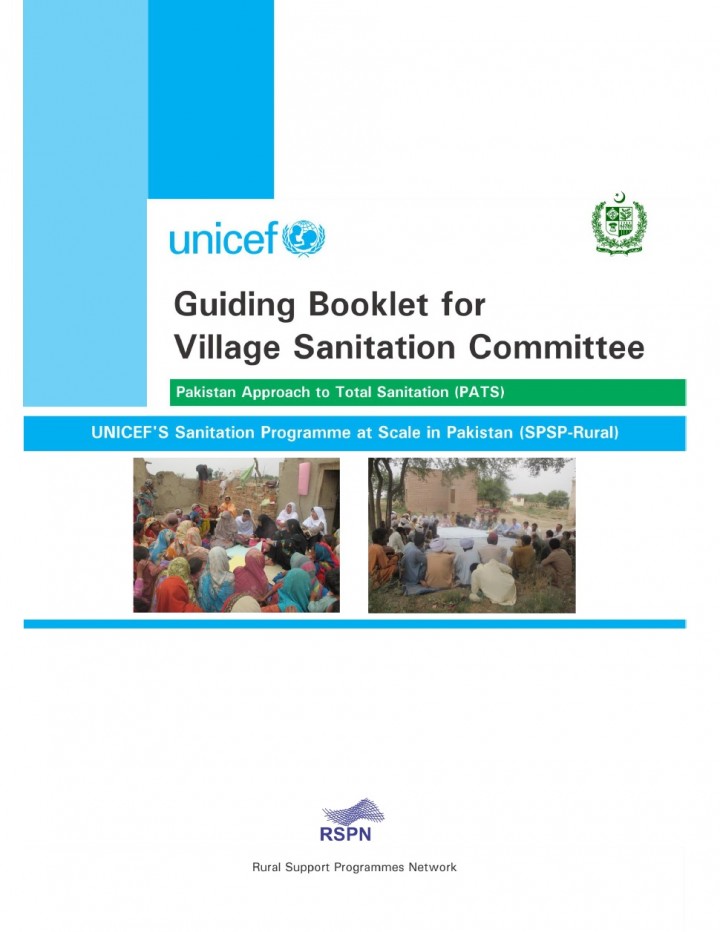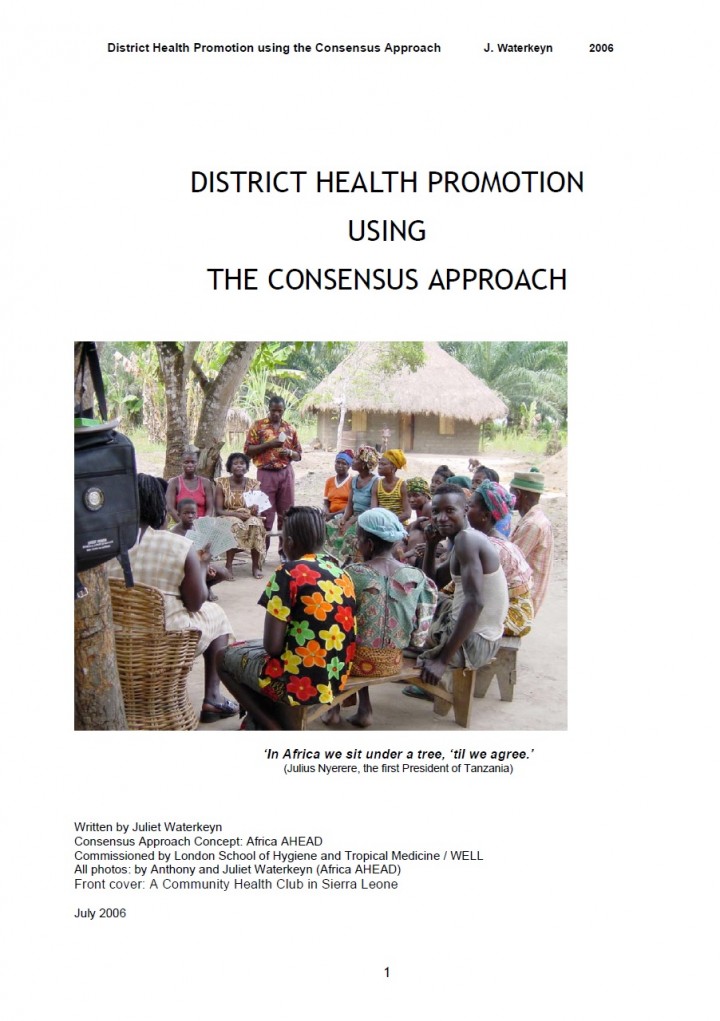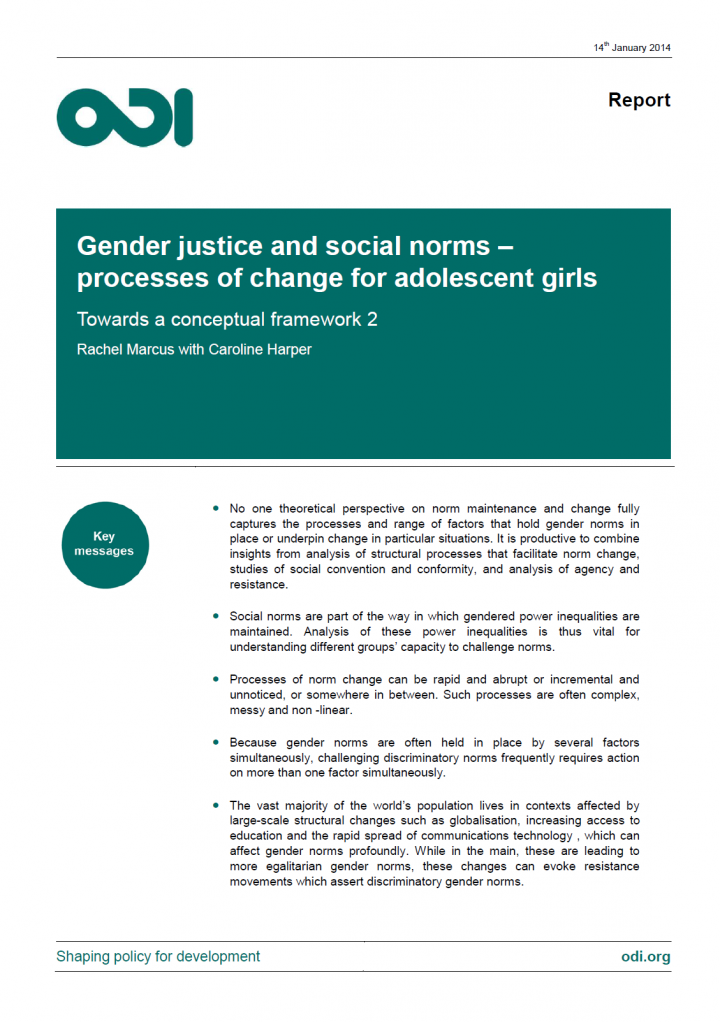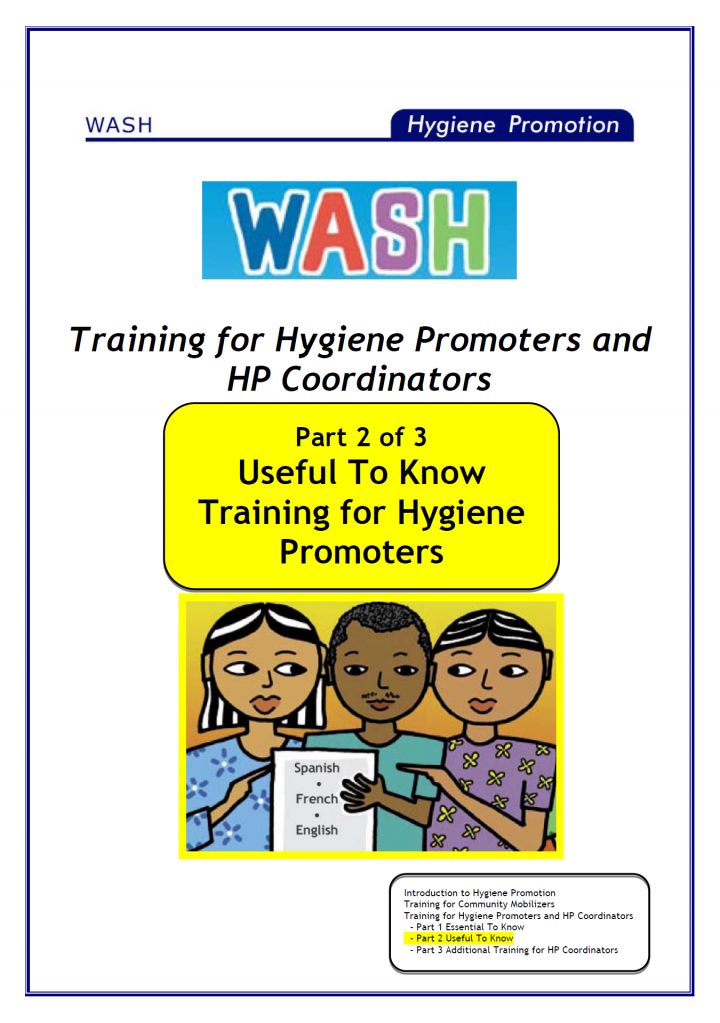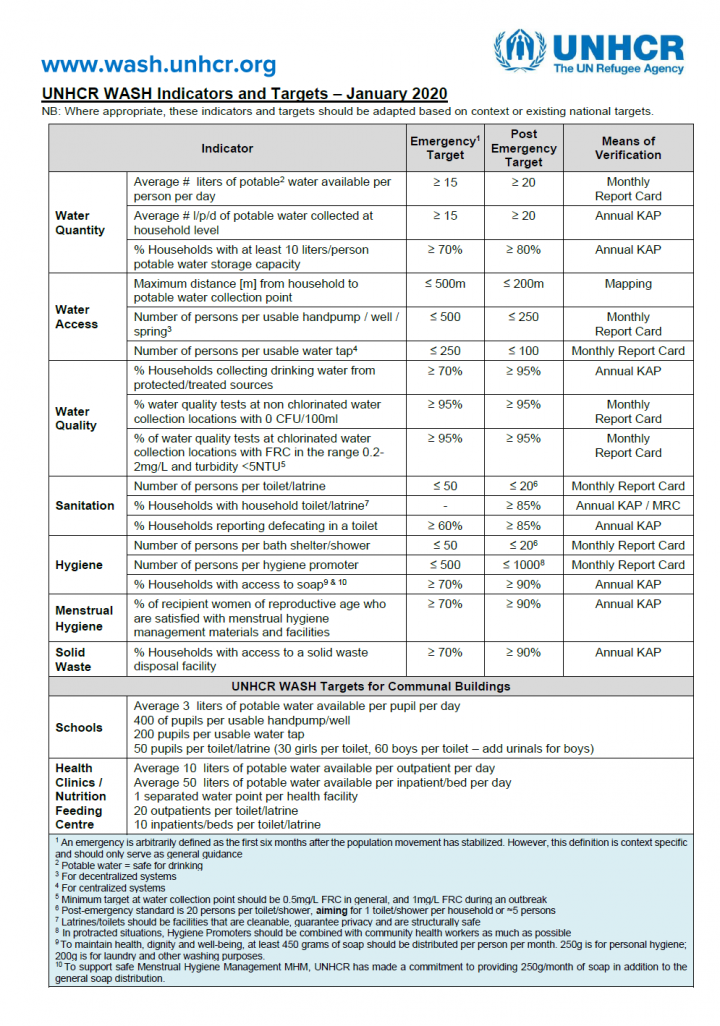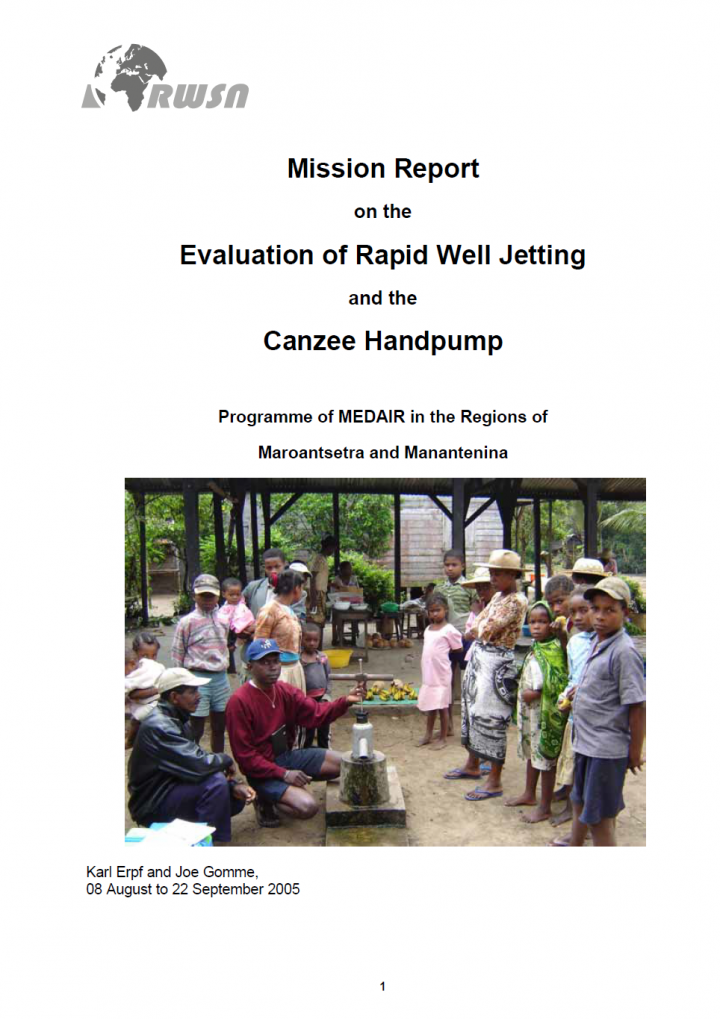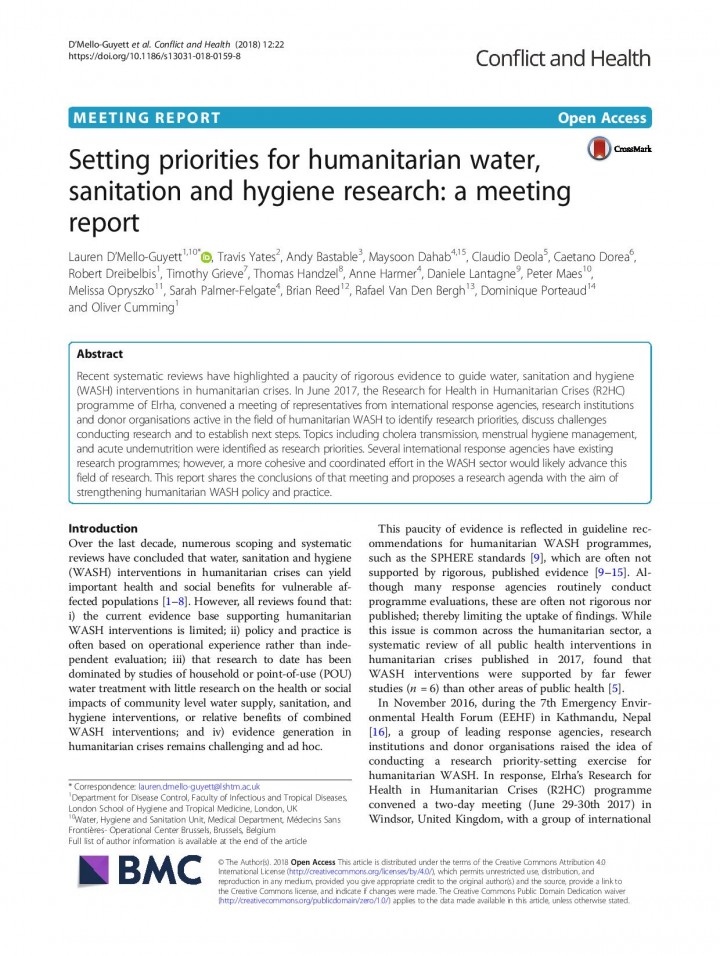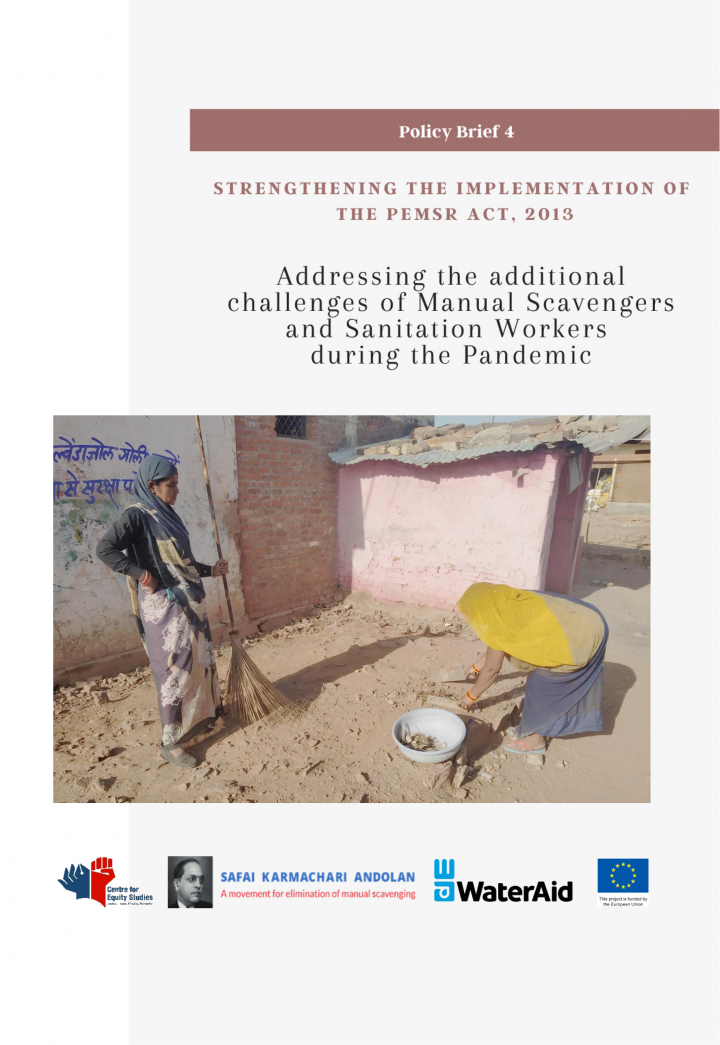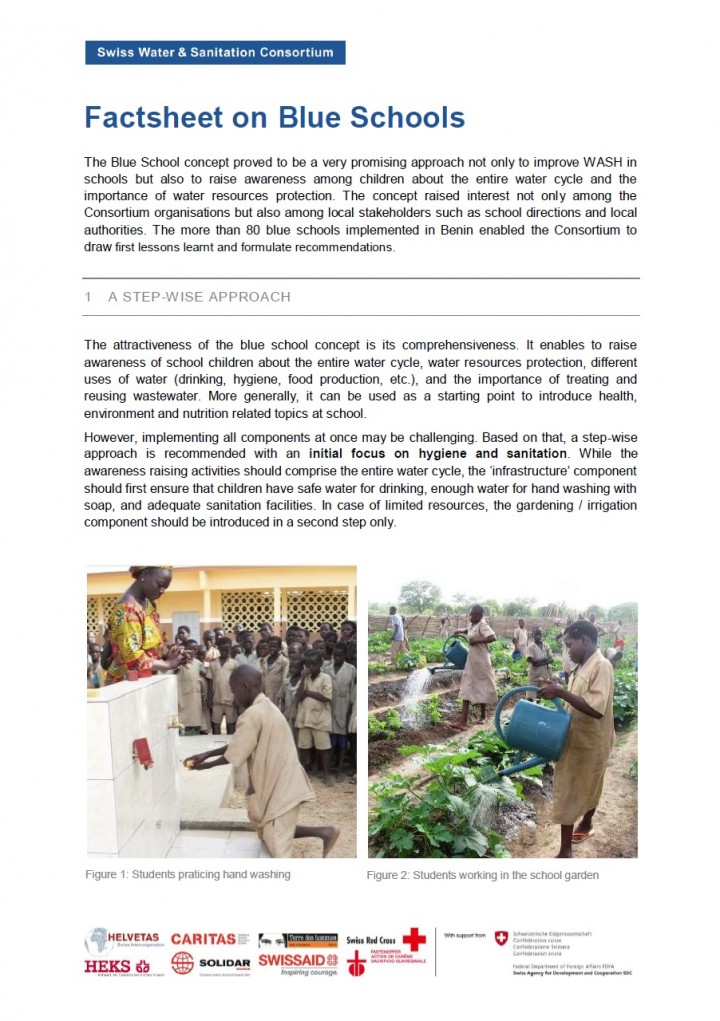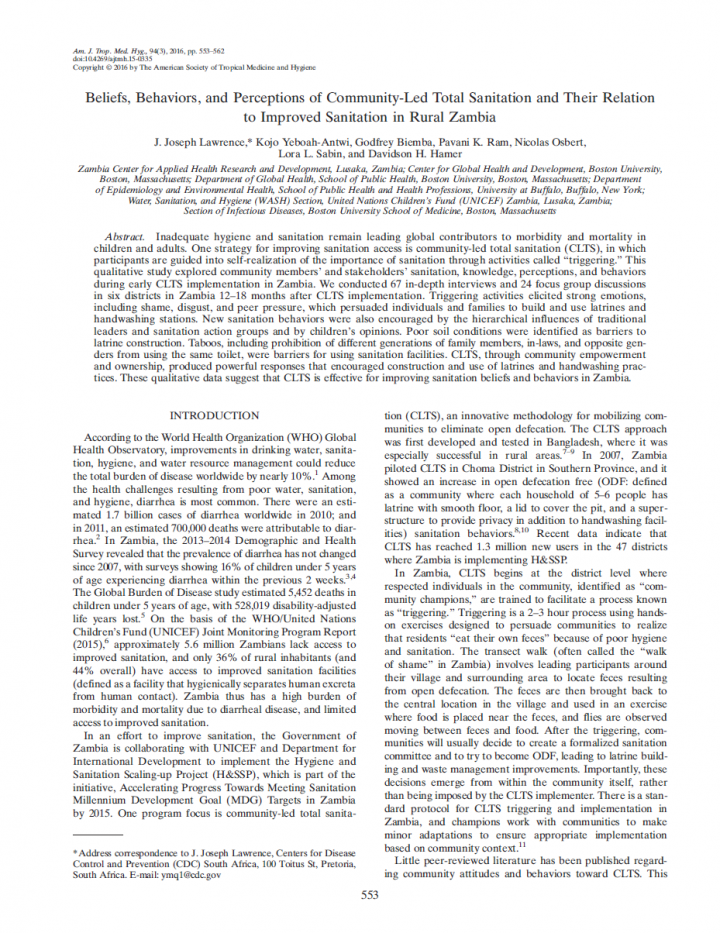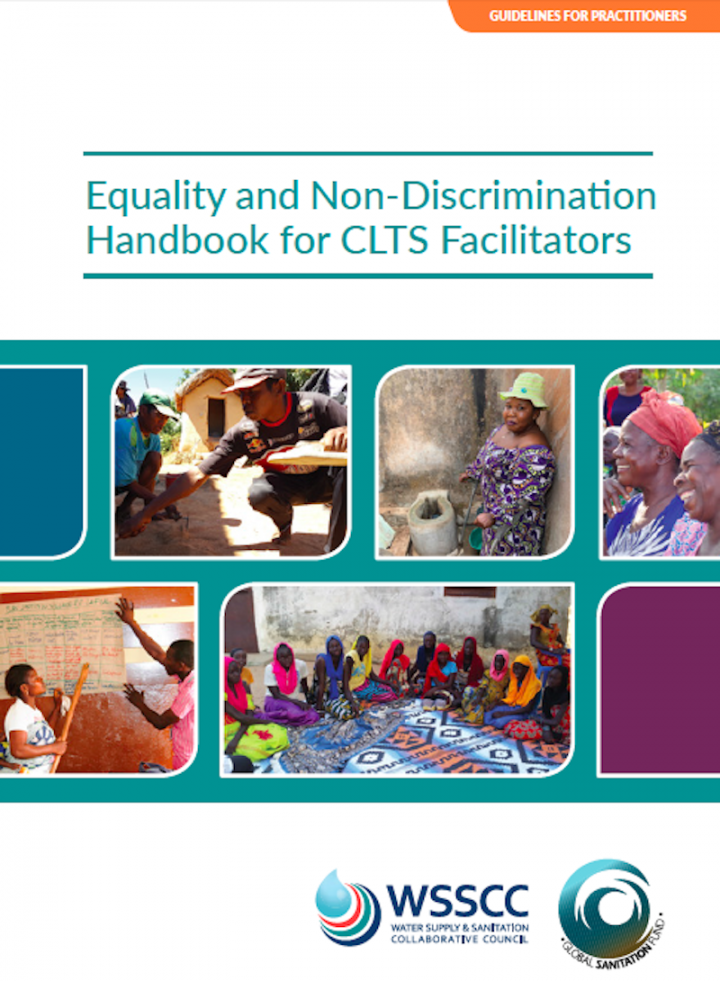Searching for information on Sanitation Workers?
The Sanitation Workers Knowledge + Learning Hub is the best source for all current news, trends, articles and updates on sanitation workers rights around the world.
Mahakali Municipality is in Darchula District of Sudurpaschim Province, Nepal. It is divided into nine wards and covers an area of 135.11 sq. km. It is formed by merging the former headquarters of Darchula district i.e., Khalanga, ward 4 to 17 of Api Municipality and Dattu Village Development Committee (VDC). It lies in the lesser Himalaya region with an elevation of 900 m to 3,100 m above mean …
The study identifies four traditional sanitation financing methods through the use of debt, budgetary allocations, donor funds and community-based organizations. Essentially, public private partnerships (PPPs) and private finance initiatives (PFIs) are the most significant innovative financing approaches among fifteen instruments studied. Subsidies, grants and guarantees were also observed to …
In 2016, the Ministry of Education, Youth and Sport in Cambodia published the ”Guidelines for Minimum Requirements for WASH in Schools“. The guidelines are designed for stepwise improvements of WASH (Water, Sanitation and Hygiene) infrastructure and hygiene behavior in schools to reach the national goal of water and sanitation access for all in 2025.
This group washing facility catalogue …
Children in rural Malawi live in environments heavily contaminated with pathogens that cause diarrhoea. Food hygiene and animal stool management are neglected areas of hygiene in research and programming. Improving food hygiene through behaviour change can significantly reduce diarrhoeal disease and should be integrated into programmes on water, sanitation and hygiene (WASH) and nutrition. …
India hosted the 2018 Men’s Hockey World Cup tournament. The Government of Odisha was the official host for the tournament that was held from 28 November to 16 December 2018, at the Kalinga Stadium in Bhubaneswar. During the World Cup tournament, about 16 countries participated thus, the city expected many visitors both national and international. It was time for the city administration to …
Mansa is the provincial administrative capital of Luapula province and the town consists of urban and peri-urban areas. According to the Central Statistics office (CSO) data on population and housing of 2010, Mansa district town had a population of 228,392 with an annual growth rate of 2.4% per annum. However, the population of Mansa urban stood at 145,336. For the purpose of this assignment, …
Sanitation for Millions has assessed its interventions in the three partner countries Jordan, Uganda and Pakistan in the context of the COVID-19 pandemic and identified various WASH-related measures which represent an adequate and effective response to COVID 19 in particular and to pandemics and infection control in general.
Handwashing is one of the core activities carried out regarding safe …
On 7 April 2020, Tropical Cyclone (TC) Harold caused major infrastructure damage to 43% (128/298) of
schools and 47% (164/349) of ECCE (early childhood care and education) centres in Vanuatu’s Sanma,
Malampa and Penama provinces1. Pentecost, in Penama province, was among the hardest hit with all of
the 23 schools in central and southern zones reported as majorly damaged. Along with efforts …
exciting opportunity to redress a long-standing shortcoming of humanitarian response. There is a need to better understand and respond to crisis-affected people in a more holistic and coherent way, going beyond sectors to bring the emphasis back to how people live and perceive and prioritize their needs. Multi-purpose cash opens up possibilities for enhanced collaboration among technical sectors …
Availability of adequate sanitation services is one of the most significant development challenges experienced in the rapidly growing Kampala city. Over 90% of Kampala’s population relies on on-site sanitation which include flush (pour and cistern) toilets, Urine Diversion Dehydrating Toilets (UDDTs), Ventilated Improved Pit Latrines (VIPs) and traditional pit latrines.
The toilets are put up …
This manual is a guideline for those planners looking for a practical methodology for conducting a
health promotion project at District Level. The focus is primarily on applying this approach to rural areas;
however the approach is still applicable to an urban setting.
The manual takes approximately 1.5 hours to read and is divided into three main sections.
This publication presents the analytical framework for the current phase (year 2) of the Overseas Development Institute (ODI) DFID-funded multi-year policy research programme, ‘Transforming the lives of adolescent girls’, which explores gender justice for adolescent girls in Ethiopia, Nepal, Uganda and Viet Nam. The current phase of this programme explores the changes and continuity in norms …
This manual contains training materials and handouts to enablefacilitators to rapidly prepare training for different levels of hygienepromoters.
It can also serve as a resource for self directed learning by both hygienepromoters and others involved in supporting or managing WASHinterventions.
Recent systematic reviews have highlighted a paucity of rigorous evidence to guide water, sanitation and hygiene (WASH) interventions in humanitarian crises. In June 2017, the Research for Health in Humanitarian Crises (R2HC) programme of Elrha, convened a meeting of representatives from international response agencies, research institutions and donor organisations active in the field of …
Sanitation workers in India, usually belonging to the most vulnerable and marginalized caste groups and communities, had already been facing several challenges including health risks, low and irregular wages, financial struggles, societal discrimination, and lack of access to social security measures. The COVID-19 pandemic resulted in additional struggles for them, as some of them were required …
Inadequate hygiene and sanitation remain leading global contributors to morbidity and mortality in children and adults. One strategy for improving sanitation access is community-led total sanitation (CLTS), in which participants are guided into self-realization of the importance of sanitation through activities called “triggering.” This qualitative study explored community members' and …
The Equality and Non-discrimination (EQND) and Community-led Total Sanitation (CLTS) Handbook provides practical guidance for ensuring that behaviour change interventions leave no one behind. Drawing on experience from across the sector, this handbook is specifically targeted towards those implementing or supervising CLTS interventions at the community level. Key features include a summary of …

